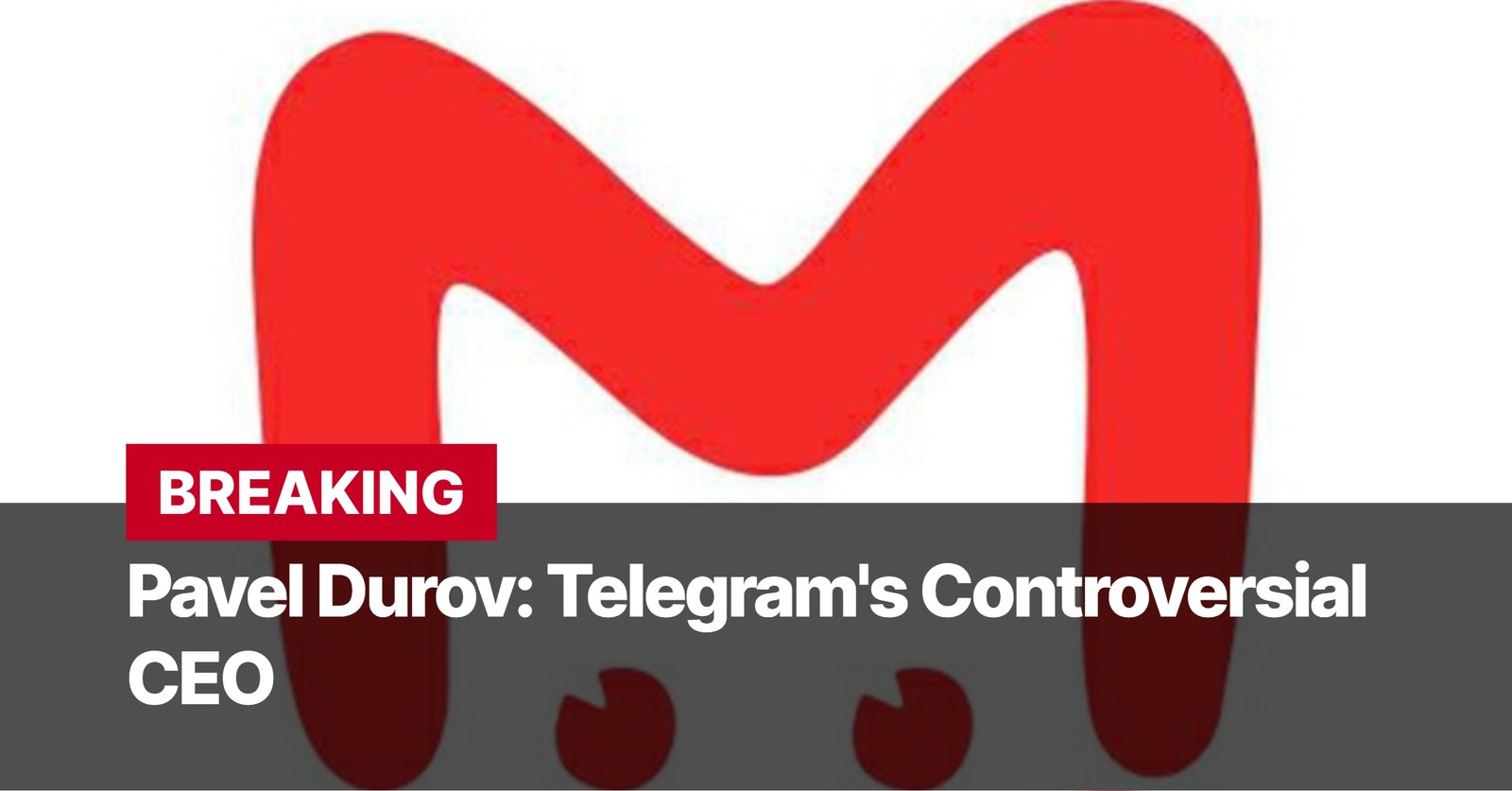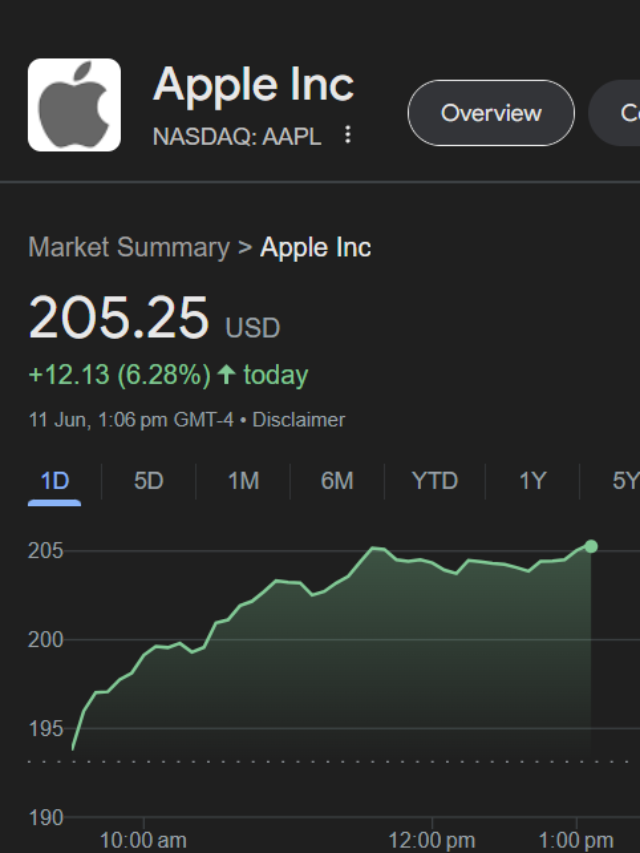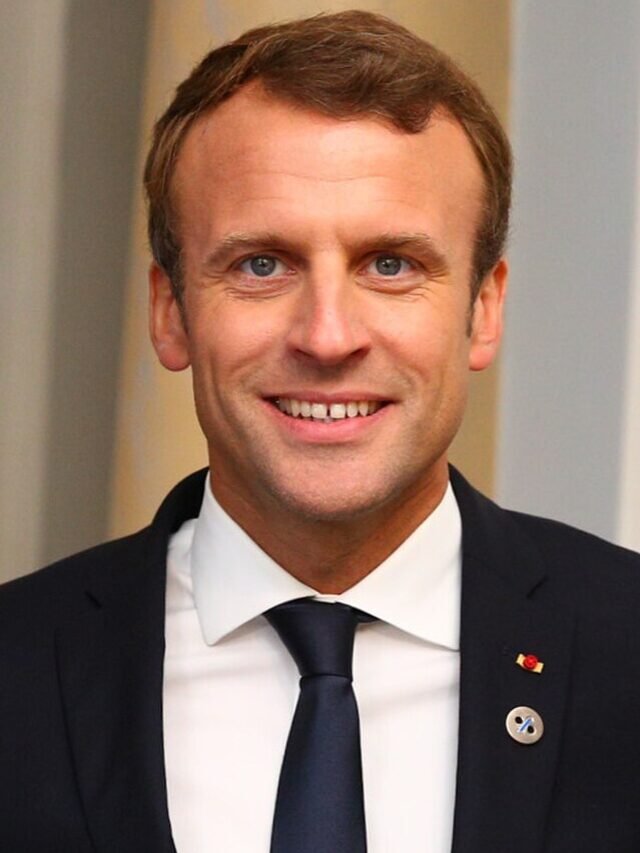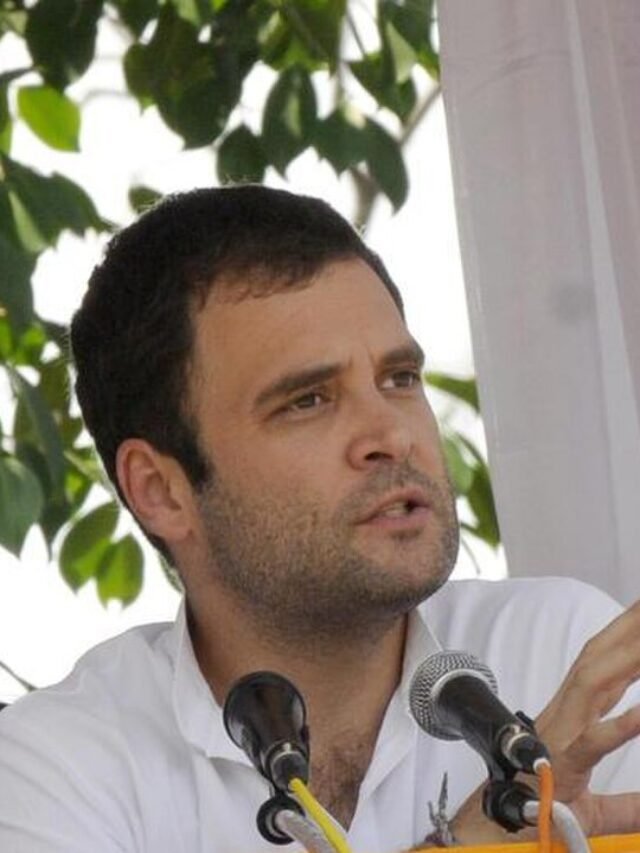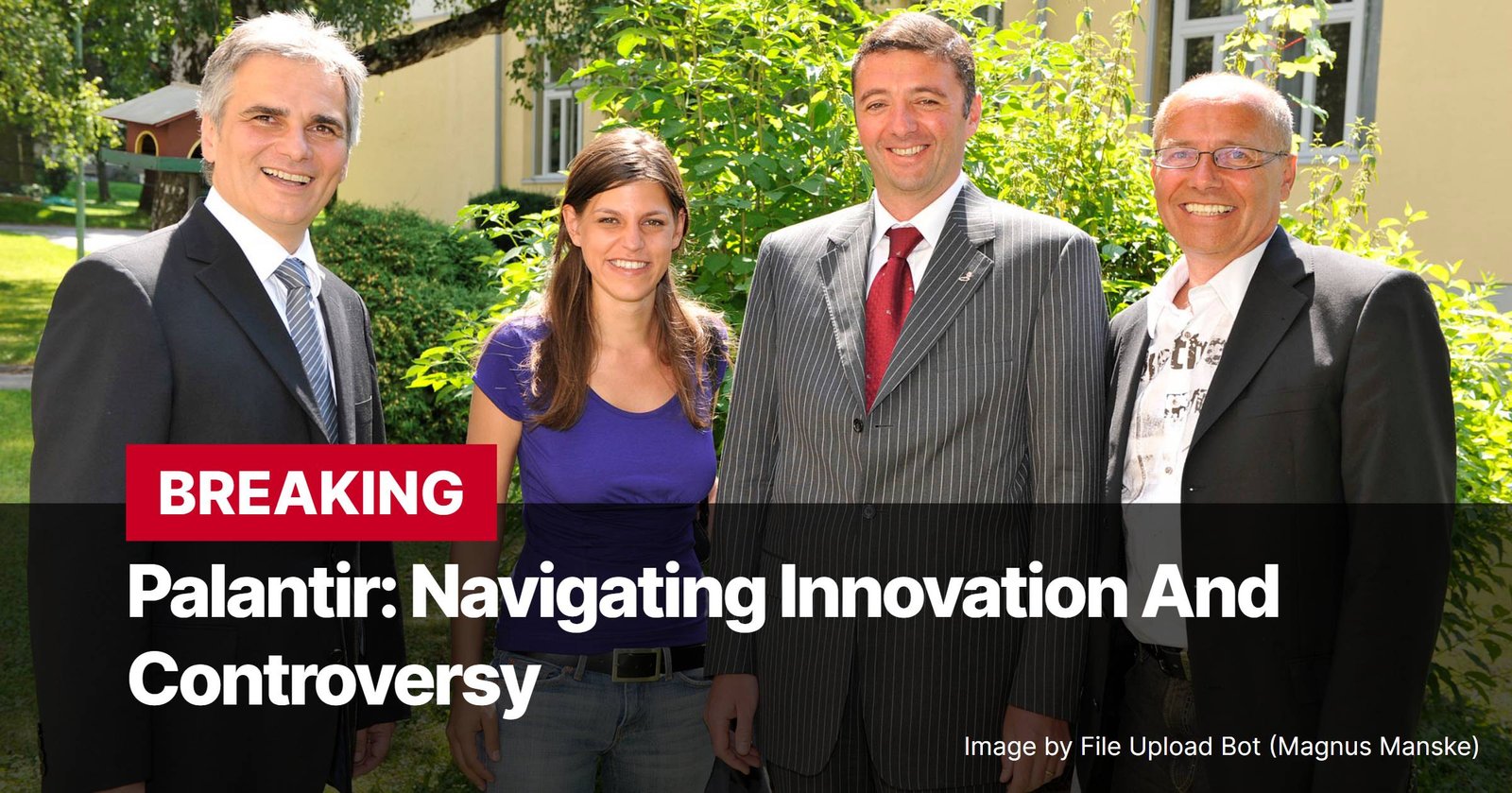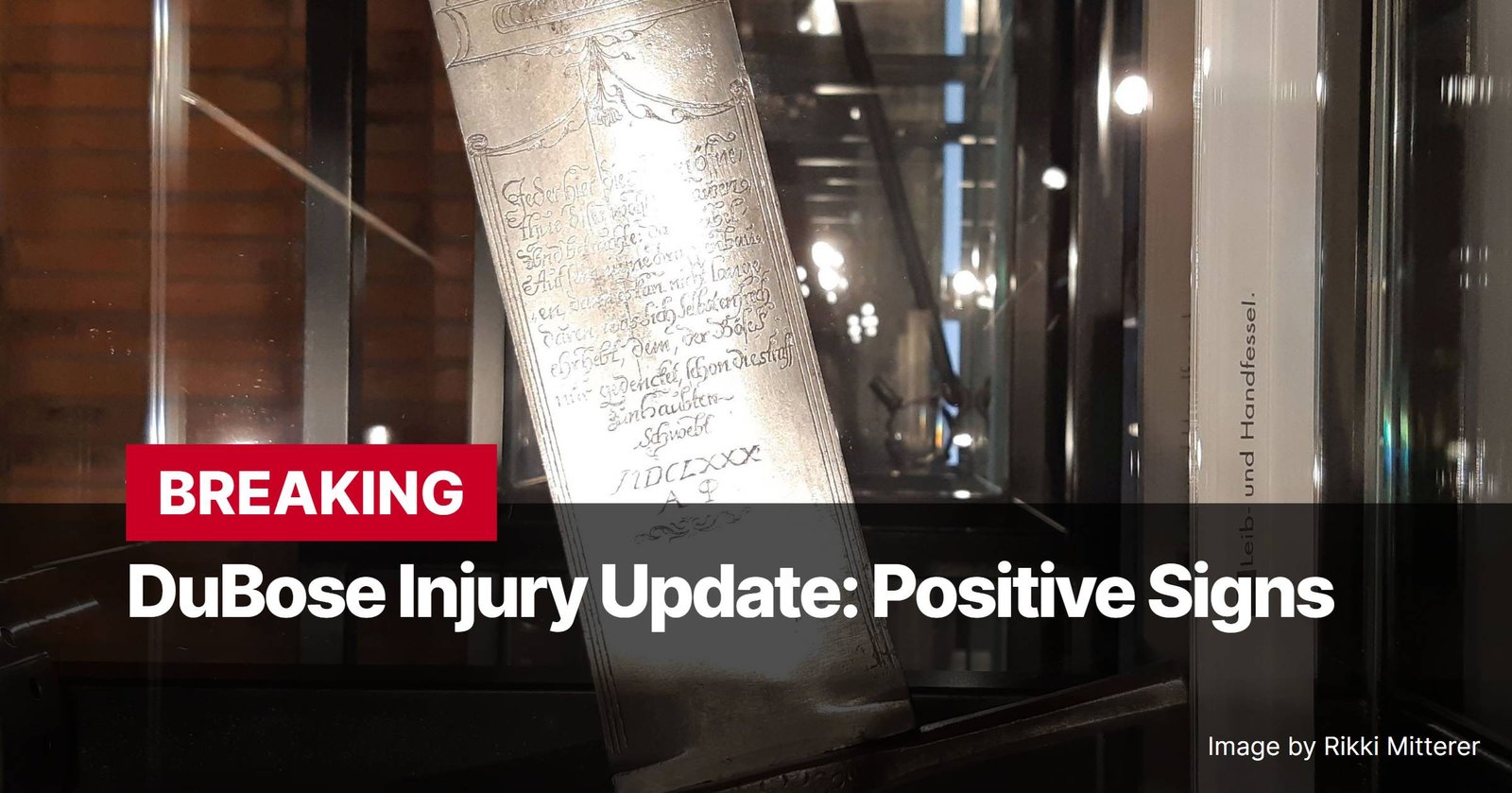The recent arrest of Pavel Durov, the founder and CEO of Telegram, has sparked widespread interest in the controversial messaging platform and its enigmatic founder. While the reasons for his detention are still unfolding, the news has brought the spotlight onto Durov’s complex history and the challenges faced by Telegram in navigating the global regulatory landscape.
The latest news reports suggest that Durov was apprehended at an airport outside Paris upon his arrival from Azerbaijan. The arrest stems from a preliminary investigation into the alleged lack of content moderation on Telegram, leading to accusations that the platform facilitated criminal activity, including child pornography, cyber scams, and organized crime.
Durov has publicly stated that Telegram adheres to EU regulations and maintains content moderation practices aligned with industry standards. However, concerns about Telegram’s lax moderation policies have been raised for years, leading to controversies in various countries.
Durov’s journey to becoming a tech mogul is a fascinating one, marked by both entrepreneurial success and clashes with authority.
He gained early recognition for founding VK, a Russian social media platform often compared to Facebook. However, his refusal to comply with government demands to shut down opposition accounts and hand over user data led to his departure from the company in 2014.
Durov then turned his attention to creating Telegram, a messaging app that has become increasingly popular due to its focus on privacy and security. Telegram offers end-to-end encryption, allowing for private conversations, and has positioned itself as a platform that protects user data from government surveillance.
Durov’s entrepreneurial spirit and commitment to freedom of expression have earned him admiration from some. He has also been praised for his efforts to combat censorship and promote online privacy. However, his defiance of authorities and Telegram’s potential use as a haven for criminal activity have attracted criticism.
The platform has been linked to various controversies, including its use by extremist groups, criminal syndicates, and individuals sharing illegal content. While Telegram has taken steps to address these issues, its commitment to privacy has made it challenging for authorities to monitor and regulate the platform effectively.
The recent arrest of Durov is likely to escalate existing tensions between Telegram and governments. The French investigation highlights the challenges faced by tech companies in balancing user privacy and data security with the need to combat criminal activity.
Durov’s arrest raises several critical questions:
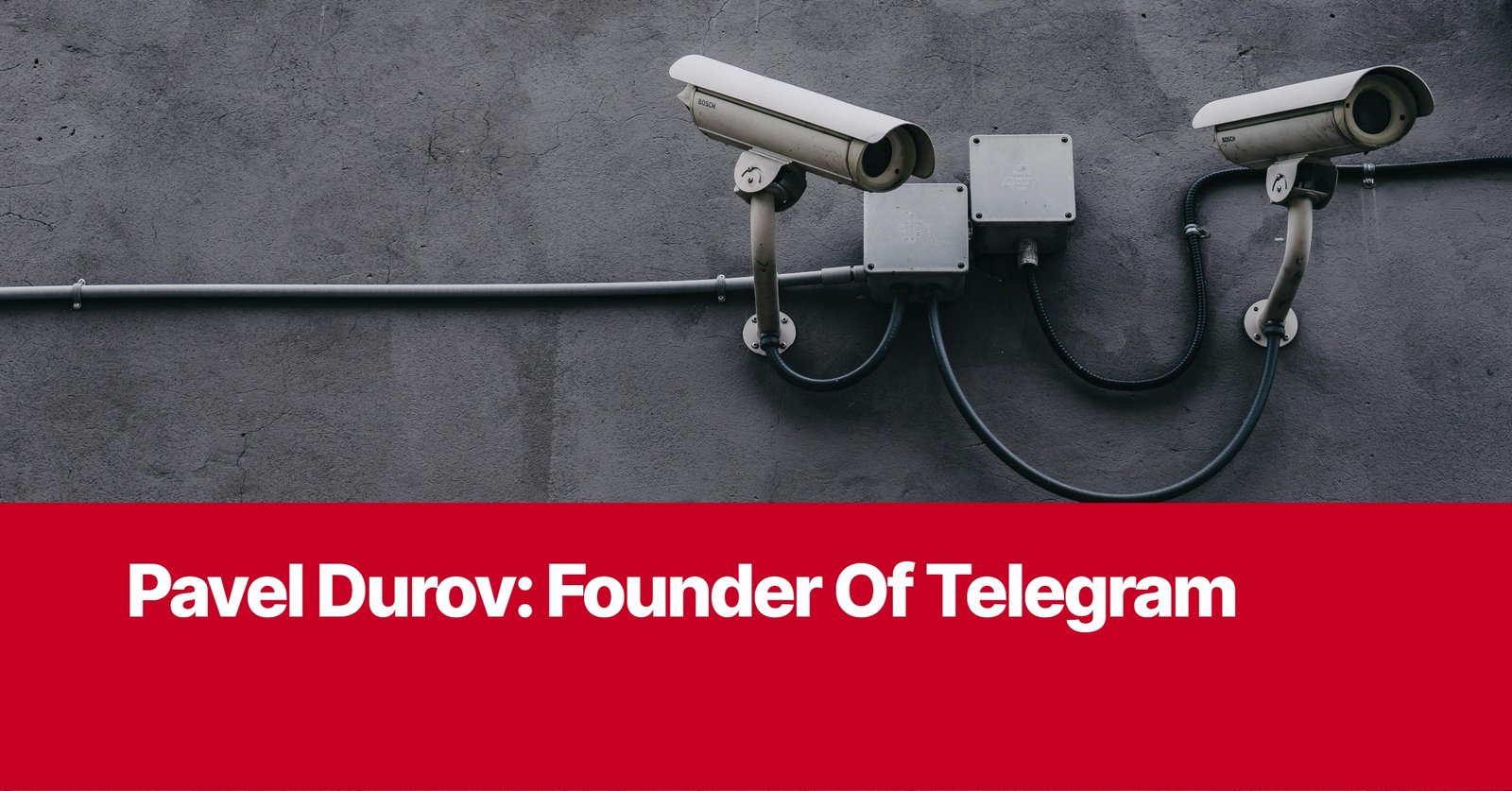
- Will this be a turning point for Telegram in its approach to content moderation?
- Will the platform be forced to compromise its commitment to privacy in order to comply with regulations?
- How will the ongoing investigation impact the platform’s future and its global reach?
The answers to these questions will shape the future of Telegram and potentially influence how other messaging platforms navigate similar challenges.
This incident serves as a reminder of the complex and evolving relationship between tech companies, users, and governments in the digital age. As technology continues to advance, the lines between privacy, security, and freedom of expression will continue to blur, requiring ongoing dialogue and collaboration to ensure responsible and ethical use of these powerful tools.







